Know More About How To Keep Your Car With Chapter 13 Bankruptcy
Can I keep my car if I file for Chapter 13? If you’re considering filing for Chapter 13 bankruptcy in Gulfport, Mississippi, you might be worried about what happens to your car. Chapter 13 bankruptcy is a way to manage your debts by creating a plan to pay them back over time. It also lets you keep some of your stuff, like your car.
But whether you can keep your car depends on a few things, like how much money you owe and the rules in Mississippi. We will discuss what happens if you file for Chapter 13 bankruptcy to keep your car. That can help you understand your options better and make smart choices about your finances.
Short Summary:
- Chapter 13 bankruptcy is a way to manage debts while keeping your belongings by creating a payment plan over three to five years.
- Chapter 13 is for those with regular income who need help managing debts. Chapter 7 is more about quickly selling assets to pay debts.
- In Chapter 13, your car is protected from repossession, included in a payment plan, and allowed for catching up on missed payments, potential loan reduction, lower interest rates, and debt discharge.
- Your repayment plan should reflect necessary expenses. Excessive payments might not be allowed.
- Selling your car yourself or negotiating with your lender could be alternatives to explore.
What is Chapter 13 Bankruptcy?
Chapter 13 bankruptcy is a way to manage your debts if you have trouble keeping up with payments. Unlike other types of bankruptcy, Chapter 13 lets you keep your stuff while you work out a plan to pay back what you owe.
This plan usually lasts three to five years and is based on how much you earn and what you spend. It helps you catch up on missed payments, like for your house or car, while protecting your property from being taken away. If you finish the plan, you may not have to pay back some of your debts.
How Does It Differ From Chapter 7 Bankruptcy?
Chapter 13 bankruptcy lets you make a long-term payment plan to pay off your debts while keeping your stuff, like your house and car. It’s for people with a regular income and need help managing their debts.
Chapter 7 bankruptcy is more like selling some of your things to pay off debts quickly. You can keep certain things, like your house and car (up to a specific value), but others might be sold. It’s for people with not much income and cannot afford to pay back what they owe.
What Should I Think About Before Deciding What To Do With My Car In Bankruptcy?
Before deciding on your car in bankruptcy, consider these things:
- Money situation: Can you afford to keep paying for your car? Or would giving it back help you financially?
- Car value: Is your car worth more or less than what you owe? If it’s worth less, bankruptcy might help you pay less.
- How much do you need the car: How important is your car for things like work or family? Sometimes, it’s worth keeping, even if it’s tough to pay for.
- Car loan details: Look at your loan terms. Are they manageable, or are you struggling to keep up?
- Other options: Can you sell the car or discuss with your lender to change your loan terms?
- Your goals: What are you hoping to achieve with bankruptcy? Are you just trying to get a fresh start, or do you want to keep your car?
- What happens next: Understand what could happen if you give back your car, like paying off any remaining debt and how it might affect your credit.
What are its Potential Risks and Consequences?
Here are some things to think about:
- Credit Score Drop: Filing for bankruptcy can lower your credit score for a while. It will make it harder to borrow money in the future.
- Possibility of Losing Stuff: Even though Chapter 13 protects your property, you could still lose things like your car if you don’t stick to the payment plan.
- Budget Tightening: During bankruptcy, you must follow a strict budget. That means you might have to cut back on spending until it’s over.
- Public Record: Bankruptcy filings are public so others can learn about it. That might affect how they see you.
- Trouble Getting Loans: Getting approved for loans after bankruptcy might become challenging. If you do get approved, they might come with high-interest rates.
- Emotional Stress: Dealing with bankruptcy can be tough emotionally. Getting support from friends, family, or a counselor is crucial.
Make sure you understand these things before filing for Chapter 13 bankruptcy.
How Can Chapter 13 Help With Keeping My Car?
Chapter 13 bankruptcy has some good qualities that can help you with keeping your car:
- Stop repossession: When you file for Chapter 13 bankruptcy, the law says creditors must stop trying to take your car away. This rule, called the “automatic stay,” protects you. So, if your car was going to be taken before you filed, the lender has to stop.
- Give the car back: If you can’t afford your car payments or if your car is giving you a lot of trouble, you can choose to give it back to the bank. In Chapter 13, this is called surrendering the vehicle. It can help you end a big payment you can’t handle.
- Catch up on payments: If you’re behind on your car loan and file for Chapter 13, you can still keep your car. You just need to pay the missed payments over time as part of your bankruptcy plan and your regular car payments. The lender can’t take your car back if you keep up with these payments.
- Lower your loan: Sometimes, the amount you owe on your car loan is more than your car’s worth. That happens a lot because cars lose value quickly. In Chapter 13 bankruptcy, you might be able to reduce the amount you owe to match what your car is worth. That is called “cramming down” your loan. Whatever’s left becomes regular debt, like what you owe on your credit card. But remember, the rules can vary depending on where you live.
What Happens To My Car Loans in Chapter 13 Bankruptcy?
In Chapter 13 bankruptcy, here’s what happens with car loans:
- No Repossession: When you file for Chapter 13, your car lender can’t take your car away as long as you follow the plan.
- Payment Plan: You’ll include your car loan in a plan to pay off all your debts over three to five years. This plan combines all your debts into one monthly payment, including what you owe on your car.
- Catch Up: If you’ve missed car payments, Chapter 13 lets you catch up over time while still keeping your car. You add the missed payments to your plan and keep making regular payments.
- Lowering the Loan: If your car is worth less than what you owe, you might be able to lower the amount you owe to match the car’s value. That can help reduce what you have to pay back.
- Lower Interest: Sometimes, Chapter 13 can lower the interest rate on your car loan, making it cheaper.
- Getting Rid of Debt: After you finish the plan, you might not have to pay back everything you owe on your car. Some could be wiped out, so you don’t have to pay it back.
In short, Chapter 13 can help you keep your car while you pay off your debts.
What You Need to Do to Keep Your Car with Chapter 13 Bankruptcy?
Usually, you can keep your stuff when you file for Chapter 13 bankruptcy, but it’s not guaranteed. You’ll need to show that you can afford to pay what you owe over a few years.
Here’s what you’ll have to do:
- Pay your regular living costs like your house and car payments.
- Pay your leftover money each month (after you’ve paid your bills) or the value of any property you want to keep that is not protected by bankruptcy rules.
If a creditor thinks they’re not getting enough money, they might disagree with your plan. Here are three things you’ll need to prove:
What if I’m Paying for Any Excessive Motor Vehicle Equity?
When you file for bankruptcy, you can keep some of your things. However, you might have to pay for anything extra that’s not protected. If you have a car worth more than what’s allowed, you might have to pay more into your bankruptcy plan.
How Can I Demonstrate That My Car Expenses Are Reasonable?
Your repayment plan in Chapter 13 bankruptcy has to show that all the money you have left after paying for necessary living costs is used to pay off your debts. This leftover money is called “disposable income.” But you can only deduct expenses you need for you and your family’s support.
Creditors want to get as much money as they can. They might argue if you are spending too much on your car or have an extra car you don’t need. For example, they could say that your car payment is too high or that you don’t need two cars when one would.
Sometimes, the court might agree that a big car payment isn’t reasonable or that you only need one car for work. In those cases, you might not be allowed to count the extra car payment when grasping your disposable income. Instead, you’d only be able to count an expense for one cheaper car.
What Happens If I Decide To Give Up My Car?
When you file for bankruptcy, you’ll tell the court and your car lender if you want to keep your car or give it back. If you decide to give it back, the lender will sell it. They’ll use the money from the sale to pay off as much of your loan as they can.
But the money from selling your car won’t cover everything you owe. If money is still left on your loan after selling the car, it’s called a “deficiency balance.” This leftover debt becomes part of what you owe in your bankruptcy plan plus other things like credit card bills and medical expenses.
You’ll likely have to pay a bit of your overall debt back through your bankruptcy plan. But any remaining balance will be wiped out when your bankruptcy ends.
If you’re thinking of giving up your car, it might be a good idea to sell it or talk to your lender first. Sometimes, they might agree to reduce what you owe if you give the car back willingly.
Contact Our Mississippi Bankruptcy Attorneys Now!
If you’re wondering, “Can I keep my car if I file Chapter 13?” It is possible to do so under certain circumstances. Chapter 13 bankruptcy offers options to help you keep your vehicle while managing your debts effectively.
However, navigating the complexities of bankruptcy law can be daunting. It is crucial to seek guidance from experienced bankruptcy attorneys.
Contact The Rollins Law Firm for a free consultation if you face financial challenges and consider filing for Chapter 13 bankruptcy. Our knowledgeable team can provide personalized advice and support to help you understand your options and make informed decisions about your financial future.
Don’t hesitate to take the first step toward a fresh start. Contact The Rollins Law Firm today!

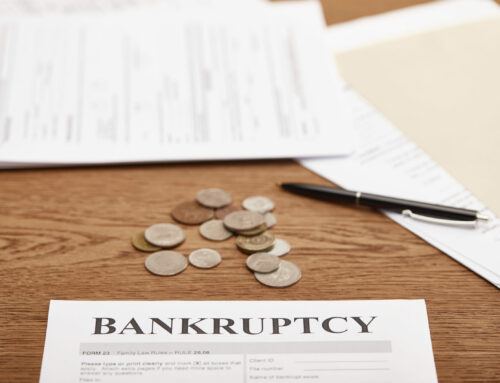
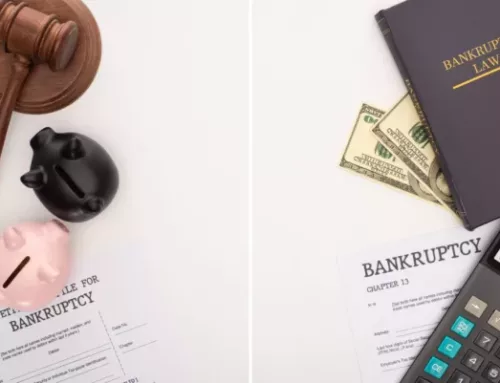
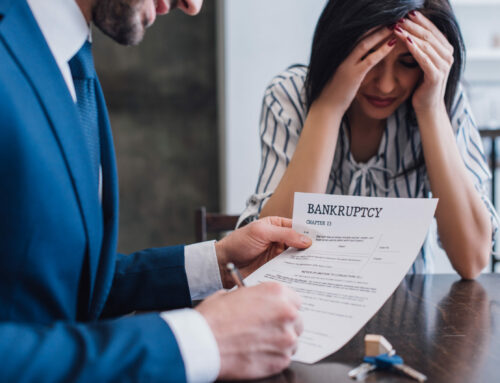
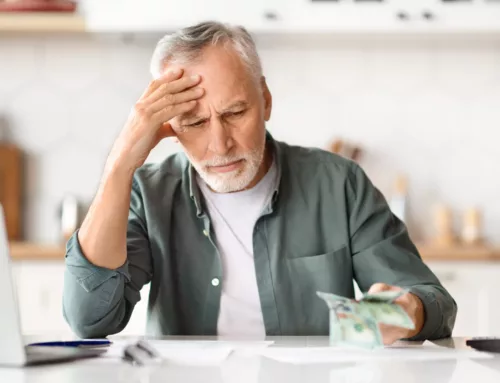
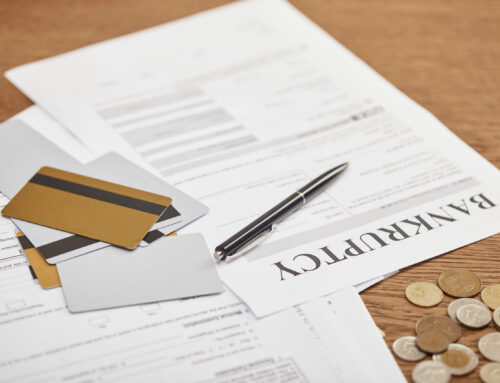


Connect with Us